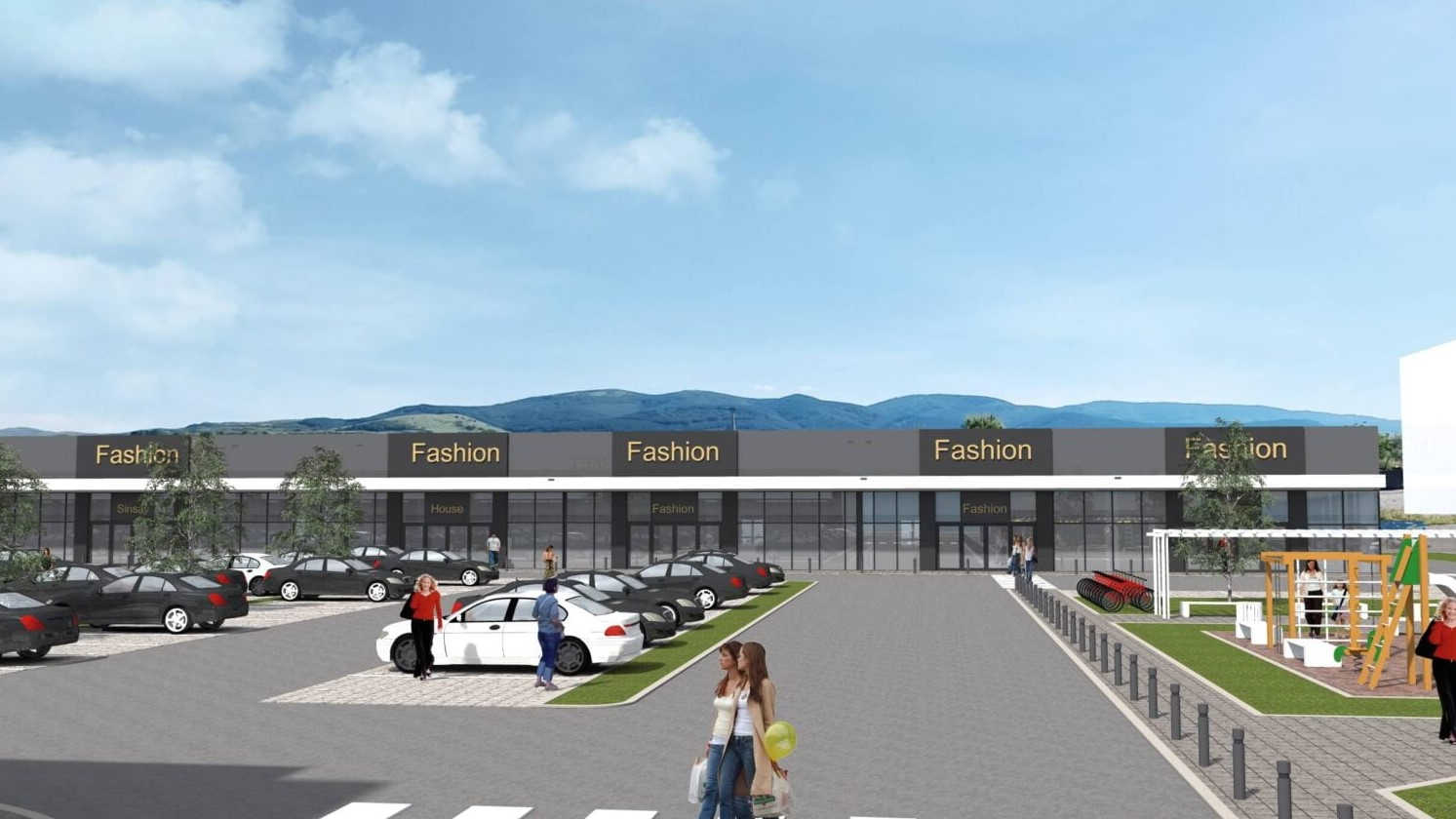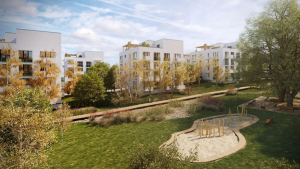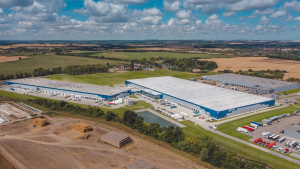
Bulgaria, with its growing economy and increasing consumer spending, has witnessed a recent surge in the construction of retail parks across the country. A total of 13 projects are under active construction and another 9 are at different stages of planning. The outlook for the retail park market in Bulgaria over the next year is positive, according to the latest report by Colliers.
Strategically located, typically in suburban areas or on the outskirts of major cities, with good access to public transportation and parking facilities, the retail parks often feature a mix of international and local brands, including fashion retailers, supermarkets, electronics stores, furniture stores, home accessories, sports equipment, and apparel, catering to a wide range of consumer needs.
Large retail parks represent a sizable concept and are usually located on the outskirts of the regional cities. Their GLA exceeds 15,000 sqm and provides an extensive commercial offer, including several anchors and big box format retailers. Traditional retail parks are with GLA of between 5,000 and 14,999 sqm. Therefore, this asset class is typically a preferred destination for retailers in the popular general categories such as supermarkets, drogerie, fashion, furniture, sports accessories, services, etc. Convenience parks are usually being developed in small cities or residential areas of regional cities with fewer than 30,000 inhabitants, and they are traditionally the largest commercial facilities in those areas. This is the most compact format (GLA between 2,000 sqm and 4,999 sqm)
Supply
The total stock of contemporary retail park space in the country stands at over 376,800 sqm, distributed in 45 projects. Almost half of the supply in terms of both area and numbers is situated within traditional retail parks. Ownership of retail parks is almost entirely dominated by local players. However, international developers are actively looking for opportunities to enter the relatively young market. There were a total of 18 retail parks opened in 2022. The top three by size are situated in Pazardzhik, Pernik, and Troyan.
Pipeline
There are a total of 13 projects under active construction and another 9 at different stages of planning. The area under construction is located mostly in traditional retail parks (52%), followed by large retail parks (41%). There is a clear focus on larger projects that can offer visitors a diverse tenant mix and various amenities. In terms of location, about half of the active pipeline is in cities with a population between 50,000 and 100,000 inhabitants. Smaller cities are also exhibiting an increased developers' interest with 37% of the pipeline in cities under 50,000 inhabitants.
Demand
Tenant demand for retail park space has remained consistently high, with many international and local brands seeking to establish their presence. One of the main reasons for this demand is the availability of large, flexible retail spaces, which allow tenants to display their products and services more effectively. Retail parks also offer tenants a range of advantages, including lower rent prices compared to prime locations in city centres, lower maintenance costs, and greater visibility due to the high footfall. As a result, they have become a preferred location for both established and new retailers, contributing to the diversity and competitiveness of the retail sector.
Rents, vacancy, and yields
Rental rates for retail park space can vary greatly depending on location, size, city population, and tenant mix. In Bulgaria, the average rental rate for retail park space ranges between €5-10/sqm/month. However, they have steadily increased in recent years, reflecting the growing demand for this type of space and the growing competition among tenants seeking to establish a presence. Vacancy in existing retail parks averages just under 5%. There is a higher vacancy recorded in newly–opened projects that are yet to lease their premises fully. Service charge fees cover property management and utility expenses of common areas in the property. It depends on several factors, including installations in the project, types of common areas, etc. However, the market average is around €1.00-1.50 per sqm of leased retail area per month
In conclusion, the increasing demand for affordable retail space, coupled with the growing economy and consumer spending, is expected to drive the construction of new retail parks in strategic locations across the country. The ongoing trend towards online shopping is likely to push retailers to adopt innovative strategies and technologies to enhance the customer experience and attract more footfall to their physical stores in retail parks The increasing focus on sustainability for commercial real estate is likely going to become a key factor in the development of new retail parks in Bulgaria, with more emphasis on incorporating green areas, sustainable construction, and environmentally friendly features



